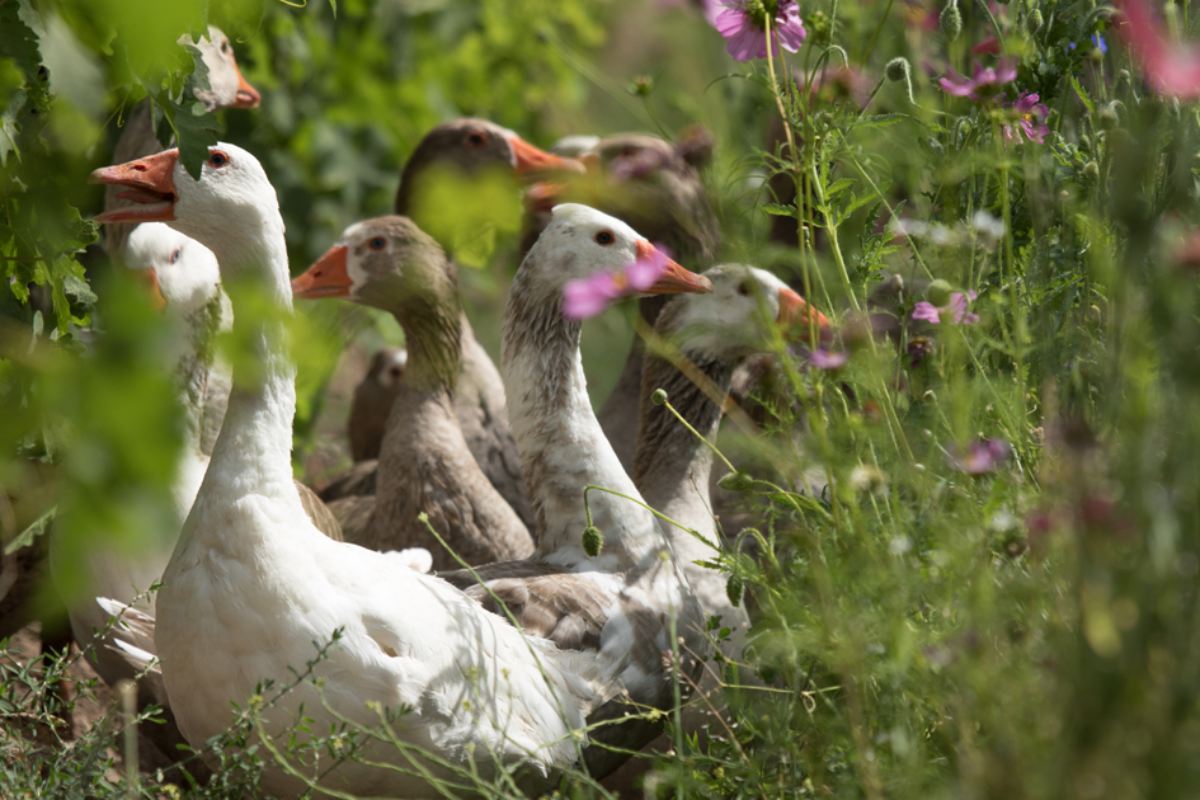Cono Sur: a long tradition in sustainability
During the last years, the impact that man has on his environment has been an issue that – fortunately – has come to light. In that sense, the means and techniques of production are aspects that must be re-designed to ensure greater sustainability, something in which agriculture has a leading role. In this regard, the Food and Agriculture Organization of the United Nations pointed out that “an agriculture that fails to protect and improve rural livelihoods, equity and social well-being is unsustainable”.

At Viña Cono Sur we have been using sustainable cultivation and production techniques for years, in addition to reducing our carbon footprint and delivering delicious and eco-friendly wines at the same time.
That’s why we invite you to review – chronologically – some of the historical milestones that we have achieved, positioning ourselves as a leader in sustainability:
- 1998: we went from conventional farming methods to integrated vineyard management, favoring the use of natural alternatives for fertilization, and monitoring pests and diseases
- 2000: We started a project to produce organic wine in 40 hectares of the Santa Elisa estate in Chimbarongo. Today, we have 315 organic hectares, distributed in the valleys of San Antonio and Colchagua.
- 2002: we became the first South American winery to obtain the double ISO: 9001 certification, for our quality management; and ISO 14001 for our environmental management.
- 2006: we obtained the certification of the “Clean Production Agreement”, an initiative promoted by the Government and the Chilean Wine Corporation.
- 2007: we positioned ourselves as the first winery in the world to obtain the CarbonNeutral® delivery status. In addition, this year we incorporated the Leyda and Peralillo estates into the organic wine production system.
- 2008: we started – together with the Institute of Ecology and Biodiversity – the project “Wine, climate change and biodiversity”, which seeks to develop actions to enhance the incorporation of native flora and fauna, and mitigate the effects of climate change.
- 2010: we became the first vineyard in the region -and third in the world- to obtain the international ISO 14.064-1 certification through the CEMARS, positioning ourselves as a sustainable vineyard and a leading company in the care of the environment , by measuring the carbon footprint of the entire company.
- 2011: during the “Green Awards” award, we received the title “Green Company of the Year 2011”, which is awarded by the British magazine The Drinks Business.
- 2012: we were the first wine company in South America to meet all the requirements of the Business Social Compliance Initiative (BSCI) code of conduct.
- 2013: we comply with the three areas of the National Sustainability Code, a voluntary instrument that seeks to incorporate sustainable practices in Chilean wine companies.
- 2014: we achieved the certification of the international standards ISO 50.001 – for energy management – and OHSAS 18.001, for health and safety at work initiatives.
- 2016: We received a recognition in the environmental category of the 2016 Corporate Sustainability Award, given by the Business Sustainability Center of the Adolfo Ibáñez University, SOFOFA and Revista Capital.
- 2017: we became the first winery to receive the Gold Medal in Energy Efficiency category, awarded by the Ministry of Energy and the Chilean Energy Efficiency Agency.
- 2018: We received the For Life certification, which confirms that our workers enjoy safe and fair working conditions, in addition to including an evaluation of our environmental performance, and of the impact on the local community.
- 2019: we join the conservation of the Valdivian Coastal Reserve in Chile, through the planting of native species.
All these iniatives made allowed Cono Sur to be a sustainable winery where the commitment to the environment and the care of each stage of the production process, is essential to produce an organic wine of unequaled flavor and texture.